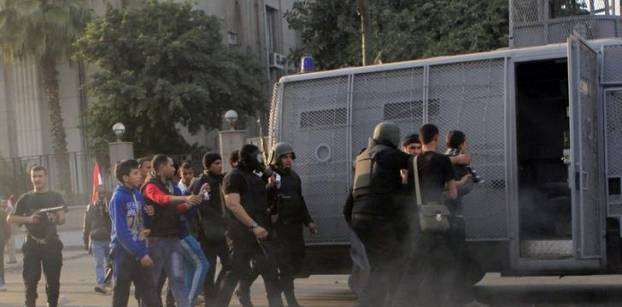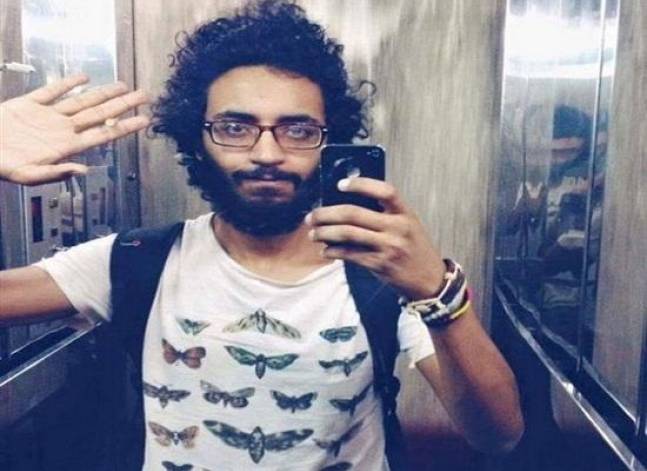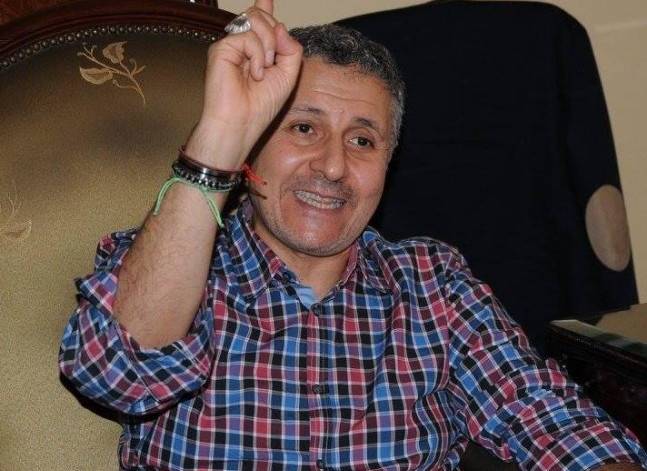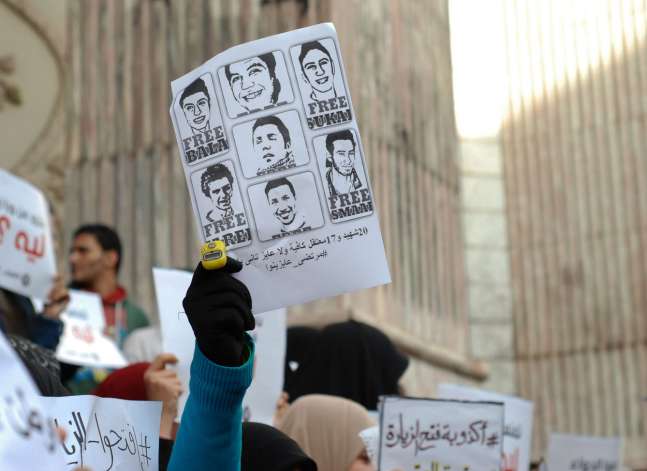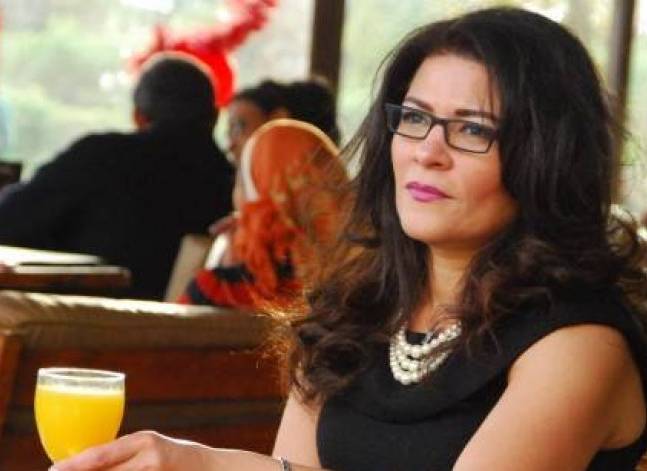Latest NEWS
- Aswat Masriya, the last word
- Roundup of Egypt's press headlines on March 15, 2017
- Roundup of Egypt's press headlines on March 14, 2017
- Former Egyptian President Hosni Mubarak to be released: lawyer
- Roundup of Egypt's press headlines on March 13, 2017
- Egypt's capital set to grow by half a million in 2017
- Egypt's wheat reserves to double with start of harvest -supply min
- Roundup of Egypt's press headlines on March 12, 2017
Enforced disappearance issue worsened over past year - NCHR
CAIRO, Jul 3 (Aswat Masriya) – Egypt's state-affiliated National Council for Human Rights (NCHR) said on Sunday that it ranked torture inside prison facilities as the sector's biggest challenge during the past year.
The council members held a press conference on Sunday where they presented their annual report, which covered the period from June 30, 2015 to June 30, 2016, and addressed the challenges to the human rights situation in Egypt, including issues of terrorism and freedom of speech.
"We have received numerous complaints about torture and poor conditions in police stations," the head of the NCHR Mohamed Fayek said in the press conference, which was aired on Egypt’s state television.
NCHR has documented three cases of death in custody as a result of torture, while 20 other death cases were due to the detainees' poor health conditions.
The council recommended the amendment of the law in a manner that is consistent with the United Nations Convention on Torture, and called for the establishment of a national body for prevention of torture. It also recommended tackling the issue of overcrowded detention facilities and prisons, where the occupancy rate reaches 150% and 300%, respectively, according to the council.
The NCHR head also discussed the enforced disappearance problem saying that it has "worsened" during the past year, and described it "as a crime against humanity".
The United Nations defines "enforced disappearance" as a term that applies to "persons who are arrested, detained or abducted against their will or otherwise deprived of their liberty by officials in different branches or levels of government... followed by a refusal to disclose the fate or whereabouts of the persons concerned or a refusal to acknowledge the deprivation of their liberty, which places such persons outside the protection of the law."
Human rights defendants and organisations have often blamed the interior ministry for cases in which activists disappeared, with some of them later found in the interior ministry’s detention facilities. But the ministry has repeatedly denied the accusations.
The council called on Egypt to join the International Convention for the Protection of all Persons from Forced Disappearance, revealing that the whereabouts of 276 cases of enforced disappearance have been known.
Fayek also said that some laws and constitution articles, including Egypt's anti-blasphemy law (Article 98 of the penal code), were "misused" to restrict freedom of speech.
"We need to put clear boundaries that differentiate between freedom of speech and contempt of religion," said Fayek while referring to the case of Islam al-Beheiry and Fatma Naoot who were both charged with blasphemy.
Naoot was handed a three-year prison sentence over a note that she published on her Facebook page, where she criticised the Islamic ritual of sacrificing animals on the day of Eid al-Adha, while Beheiry, who describes himself as an Islamic researcher, was sentenced to one-year in prison over charges of contempt of religion.

